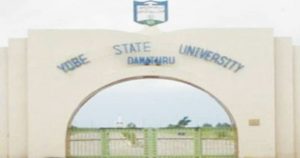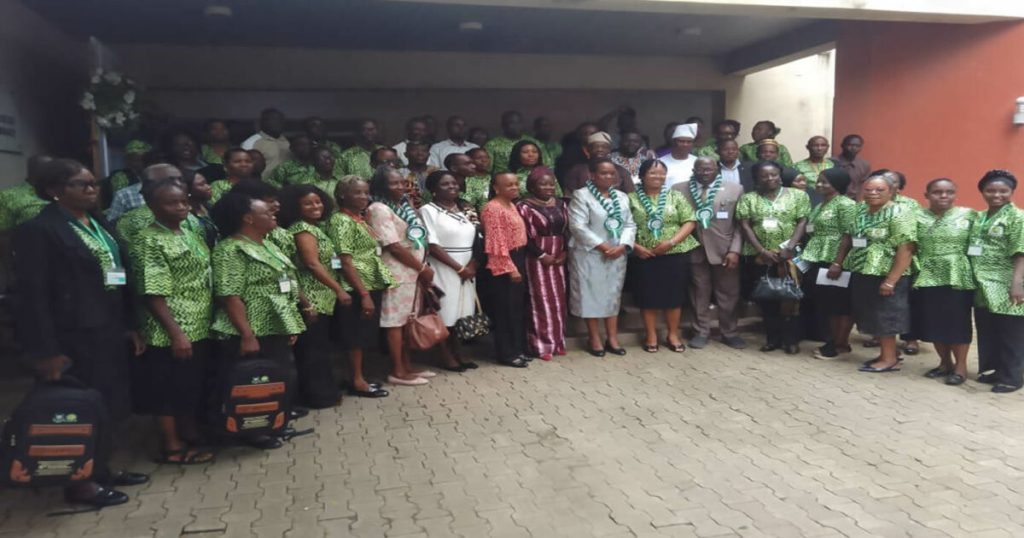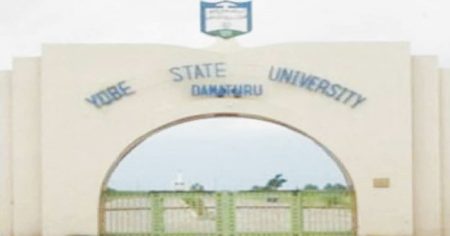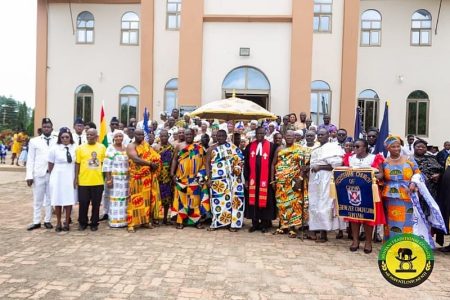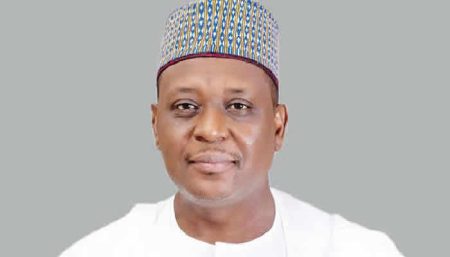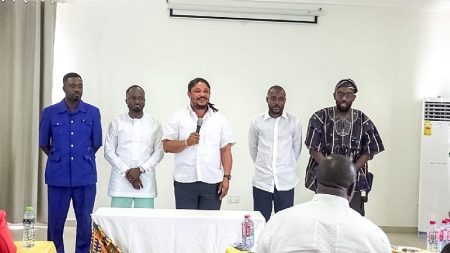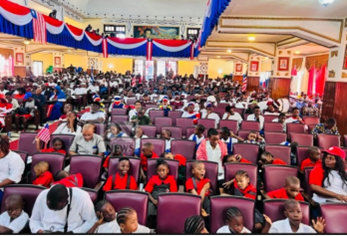The Fifth Biennial Conference/Workshop of the Association of Science Laboratory Technologists of Nigeria (ASLTON), University of Ibadan Chapter, served as a platform for prominent academics and professionals to underscore the crucial role of scientific research in addressing Africa’s unique challenges. Professor Eme Owoaje, a Public Health Physician at the University of Ibadan, emphasized the need for African researchers to prioritize local issues and develop solutions tailored to the continent’s specific context. She argued against the adoption of borrowed models that often fail to reflect the realities on the ground, stressing that research must translate into tangible improvements in people’s lives. The conference’s theme, “The Tripod Stand in the University: The Role of Science Laboratories in Transformational Research and Sustainable Management,” highlighted the interconnectedness of teaching, research, and community service in achieving impactful academic contributions.
Professor Owoaje’s call for locally relevant research resonated throughout the conference, with speakers emphasizing the importance of translating academic findings into practical applications. She urged researchers to move beyond publications and focus on generating solutions that directly address the needs of African communities. This sentiment was echoed by Professor Olubukola Adenubi of the Federal University of Agriculture, Abeokuta, who, representing the keynote speaker Professor Abiodun Denloye, reinforced the idea that university-generated knowledge should have a tangible impact on society. She stressed the importance of the “tripod” of teaching, research, and community service, highlighting that none of these elements can be neglected in the pursuit of meaningful academic progress.
Science laboratories, as Professor Adenubi explained, are central to this process. They provide the necessary infrastructure for data generation, practical experimentation, and ultimately, breakthroughs across a wide range of disciplines. From medicine and agriculture to engineering and beyond, laboratories play a vital role in advancing knowledge and driving innovation. The conference served as a reminder of the importance of investing in these facilities to ensure that researchers have the tools and resources they need to conduct impactful research.
The University of Ibadan’s Vice Chancellor, Professor Kayode Adebowale, represented by the Deputy Vice Chancellor (Research, Innovation and Strategic Partnership), Professor Oluyemisi Bamgbose (SAN), acknowledged the often-overlooked contributions of laboratory technologists. He described them as the “unseen engine room” of the university’s research process, emphasizing their role in maintaining accurate data, caring for equipment, and ensuring quality assurance. Beyond their technical expertise, laboratory technologists also play a crucial role in training students and staff, contributing to the overall development of the university’s research capacity.
Dr. Elizabeth O. Joel, President of ASLTON’s UI Chapter, emphasized the conference’s aim to provide laboratory technologists with the latest knowledge and opportunities for self-assessment. She reiterated the critical role these professionals play in transformational research and sustainable development, highlighting their essential contribution to scientific advancement. However, Dr. Joel also pointed to the persistent challenge of inadequate funding, a significant impediment to laboratory research in Nigeria. This concern underscored the need for increased investment in research infrastructure to facilitate impactful scientific discoveries.
The conference brought together a diverse group of stakeholders, including the Registrar of UI, G. O. Saliu; Acting DG, Nigeria Institute of Science Laboratory Technology, Dr. Peter Oluwafisoye; and the Zonal Director (Ibadan) of the Nigeria Television Authority, Iterogba Taiwo, among others. Their presence demonstrated the widespread recognition of the importance of scientific research in addressing societal challenges. The conference served as a call to action, urging African researchers and policymakers to prioritize locally relevant research, invest in research infrastructure, and empower laboratory technologists to contribute to a more sustainable and prosperous future for the continent. The discussions and presentations reinforced the idea that science, when grounded in local realities and supported by adequate resources, can be a powerful engine for transformation and development.


